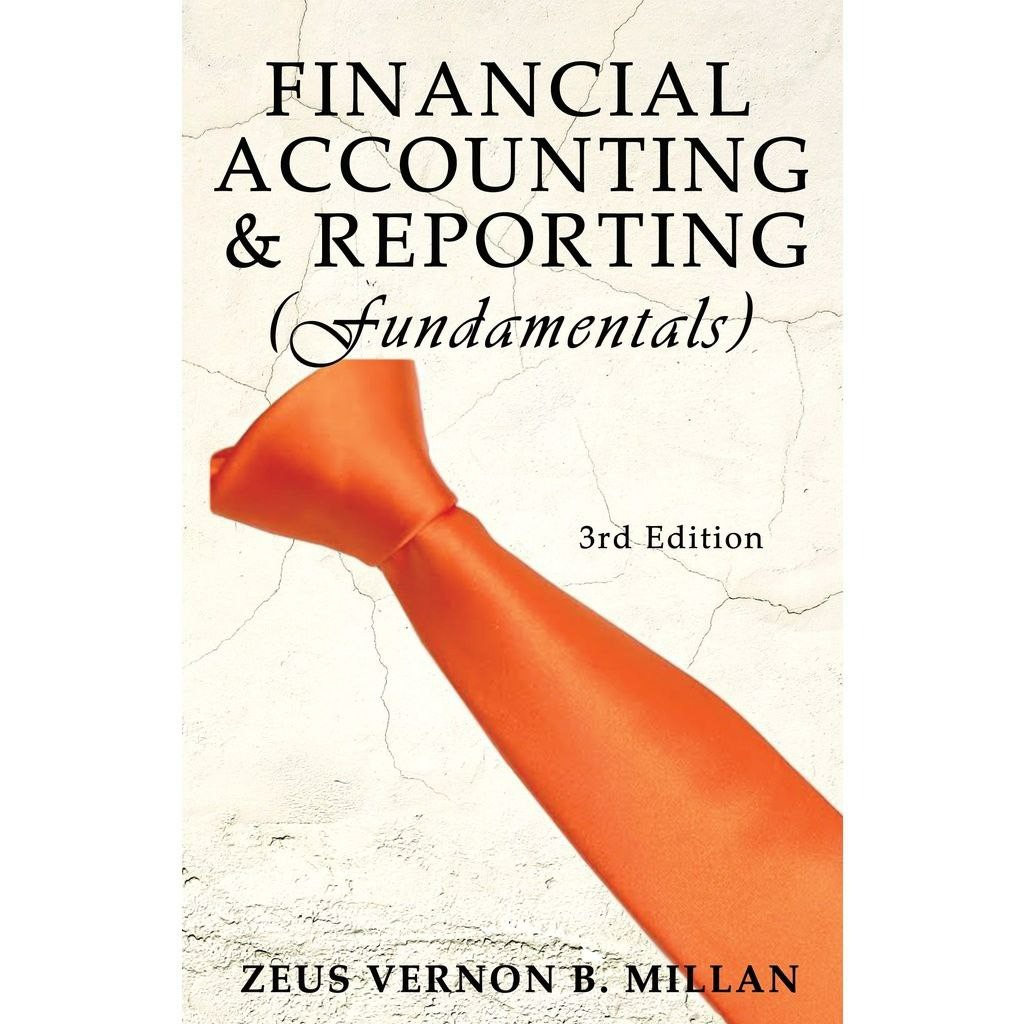Financial Hacks to Boost Savings Quickly opens up a world of practical strategies designed to help you maximize your savings in no time. In today’s fast-paced financial landscape, finding effective ways to save money is more important than ever. Whether you’re looking to set aside funds for a big purchase or simply want to build a safety net, these hacks will empower you to take control of your finances and watch your savings grow.
From simple budgeting techniques to leveraging technology, the tools at your disposal can make a significant impact on your financial health. It’s not just about cutting expenses; it’s about smartly managing your resources to achieve your financial goals more efficiently.
In today’s fast-paced and ever-evolving world, the way we communicate is constantly changing. From face-to-face conversations to instant messaging and social media, the channels we use to connect with others have expanded beyond imagination. With these changes come new norms and etiquette that can sometimes be confusing. One of the areas where this is particularly evident is in the realm of business communication.Business communication encompasses a wide range of interactions, including emails, meetings, presentations, and even casual conversations in the workplace.
Each of these interactions has its own set of expectations and best practices. In this article, we will explore the importance of effective business communication, the different forms it takes, and how to navigate them successfully.### The Importance of Effective Business CommunicationEffective communication is the backbone of any successful organization. It facilitates collaboration, fosters relationships, and drives productivity. When employees can communicate clearly and openly, it leads to a more engaged workforce and helps prevent misunderstandings that can lead to costly mistakes.Moreover, effective business communication is essential for building trust and credibility with clients, partners, and stakeholders.
A well-articulated message can convey professionalism and competence, while poor communication can damage a company’s reputation and result in lost opportunities.### Different Forms of Business Communication
Email Communication
Email remains one of the most widely used forms of business communication. It allows for asynchronous communication, meaning that recipients can respond at their convenience. However, the informal nature of email can sometimes lead to misunderstandings. To write effective emails, keep the following tips in mind:
Use a clear and concise subject line that summarizes the email’s content.
Begin with a polite greeting and address the recipient by name.
Get to the point quickly, outlining the main message in the first few sentences.
Use bullet points or numbered lists for clarity, especially for longer emails.
- Close with a courteous sign-off and your name.
- Meetings
Meetings are an essential part of business communication, allowing teams to collaborate, brainstorm, and make decisions collectively. However, poorly organized meetings can be a significant drain on time and resources. To ensure meetings are productive:
Set a clear agenda and share it with participants in advance.
Keep the meeting focused on the agenda items and manage time effectively.
Encourage participation from all attendees and foster an open environment for discussion.
- Conclude with action items and assign responsibilities to ensure accountability.
- Presentations
Presentations are often used to convey important information to a group, whether it be a project update, a sales pitch, or a training session. Engaging presentations can inspire and motivate an audience, while dull or disorganized ones can lead to disengagement. To create impactful presentations:
Start with a strong opening that captures attention.
Use visuals, such as slides or videos, to complement your message and maintain interest.
Practice your delivery to ensure smooth transitions and confidence.
- End with a call to action or a summary of key points to reinforce the message.
- Casual Conversations
While formal communication is vital in business settings, informal conversations can also play a significant role in building relationships and fostering a positive workplace culture. These interactions can occur in person, over coffee breaks, or even through casual messaging platforms. To navigate casual conversations effectively:
Be genuine and approachable, making an effort to engage with colleagues.
Listen actively and show interest in what others have to say.
Share experiences or insights that can contribute to the discussion.
Respect boundaries and be mindful of the context, ensuring that casual conversations do not interfere with work.
### Best Practices for Business CommunicationRegardless of the form it takes, there are several best practices to keep in mind when engaging in business communication:
Clarity and Conciseness
Aim to convey your message as clearly and concisely as possible. Avoid jargon or overly complex language that can confuse your audience. Always consider their perspective and tailor your message accordingly.
Active Listening
Communication is a two-way street. Practicing active listening not only helps you understand the other person’s viewpoint but also shows that you value their input. This can lead to more meaningful interactions and stronger relationships.
Nonverbal Communication
Your body language, tone of voice, and facial expressions can significantly impact how your message is received. Be mindful of your nonverbal cues, as they can either reinforce or contradict your words. – Adaptability Different situations call for different communication styles. Being adaptable allows you to switch between formal and informal modes of communication as needed, ensuring that you connect effectively with your audience.
– Feedback Providing and receiving feedback is crucial for growth and improvement. Be open to constructive criticism and offer it in a respectful manner. This fosters an environment of continuous learning and development.### ConclusionIn a world where communication is constantly evolving, mastering the art of business communication is essential for success. By understanding the different forms of communication, adhering to best practices, and being mindful of your audience, you can enhance your interactions and contribute to a positive organizational culture.
Whether you’re sending an email, leading a meeting, or engaging in casual conversations, effective communication skills will serve you well in navigating the complexities of the business environment. Remember, communication is not just about exchanging information; it’s about building relationships and fostering understanding, which ultimately drives success in any business endeavor.
Helpful Answers: Financial Hacks To Boost Savings Quickly
What are financial hacks?
Financial hacks are clever strategies and tips designed to help you save money and improve your financial situation efficiently.
How can I start saving quickly?
Begin by assessing your current spending habits, creating a budget, and identifying areas where you can cut back.
Are there apps that can help with savings?
Yes, various apps offer budgeting tools, automated savings, and investment options to help you manage your finances better.
Is it necessary to have a budget to save money?
While not mandatory, having a budget greatly enhances your ability to track spending and identify savings opportunities.
Can I save money on everyday expenses?
Absolutely! Simple changes like meal planning, shopping sales, and using coupons can significantly lower your daily expenses.







